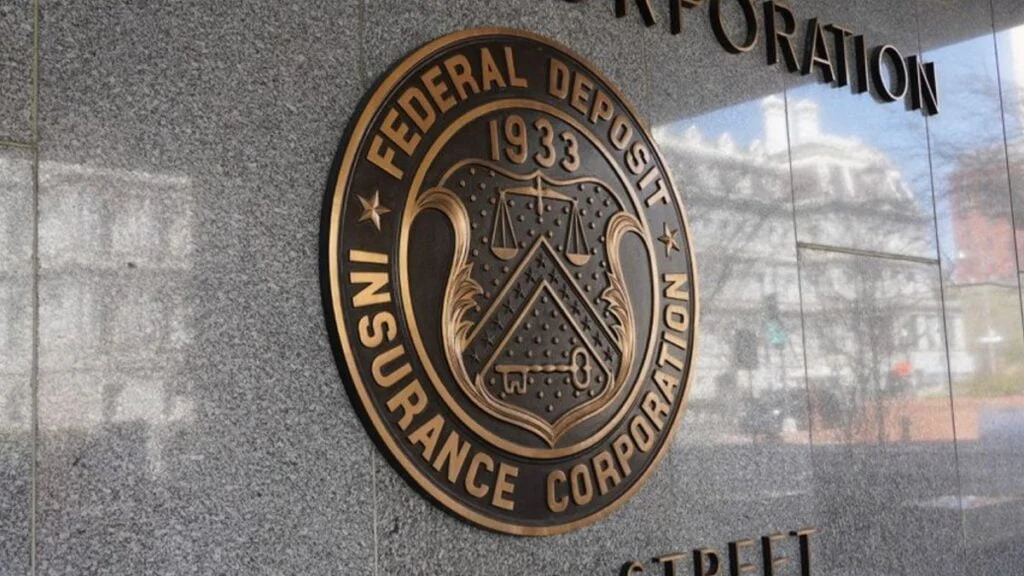The US Federal Deposit Insurance Corp. (FDIC) has issued a cease and desist notice to the crypto exchange OKCoin for providing false information about its insurance status.

The FDIC accuses OKCoin and its senior officials of misleading statements regarding FDIC insurance in a letter dated June 15. Regulators have granted OKCoin a deadline of 15 business days to eliminate these false claims from its website, social media profiles, marketing materials, mobile app, and other customer-facing publications.
Additionally, the FDIC requires written assurance from OKCoin that it will comply with the request on time. While customers’ deposits are typically covered by FDIC deposit insurance, which provides coverage of up to $200,000 in the event of a bank failure, this does not apply to deposits of digital assets.
The FDIC called out OKCoin for misrepresenting its insurance status on multiple occasions. For instance, OKCoin advertised in a blog post that it had FDIC protection for its accounts and US-wide licenses.
The exchange also claimed that regulatory bodies like the SEC, OCC, FED, and FDIC had approved the Provenance Blockchain and its HASH utility token, both available on the platform.
Additionally, OKCoin’s Chief Marketing Officer tweeted that the exchange offered FDIC insurance on USD deposits. According to the FDIC, OKCoin’s statements failed to differentiate between US-dollar deposits and crypto assets, leading to the incorrect implication that FDIC insurance covered all customer funds, including crypto assets.
The FDIC clarified that it does not insure or endorse specific blockchains. The FDIC has previously taken legal action against cryptocurrency companies for misrepresenting their affiliation with the organization.
Last year, five exchanges, including FTX.US and Voyager Digital, received similar cease and desist letters. In response to these incidents, the FDIC has released guidelines for cryptocurrency companies to follow when referencing the organization.
The regulations state that FDIC insurance only protects clients in case of a bank’s default, insolvency, or bankruptcy if the exchange holds an insured account with that specific bank. The guidelines also specify that neobanks are not covered by FDIC insurance.
